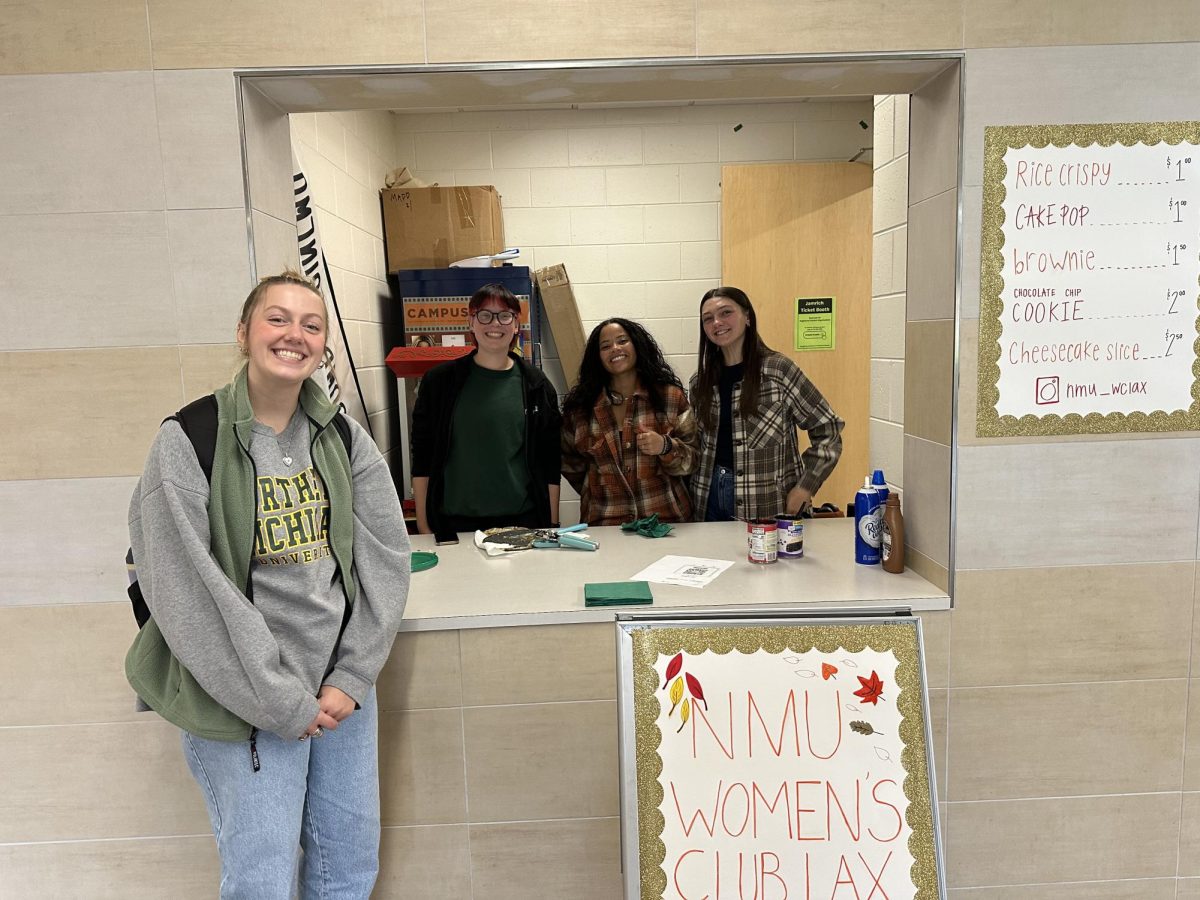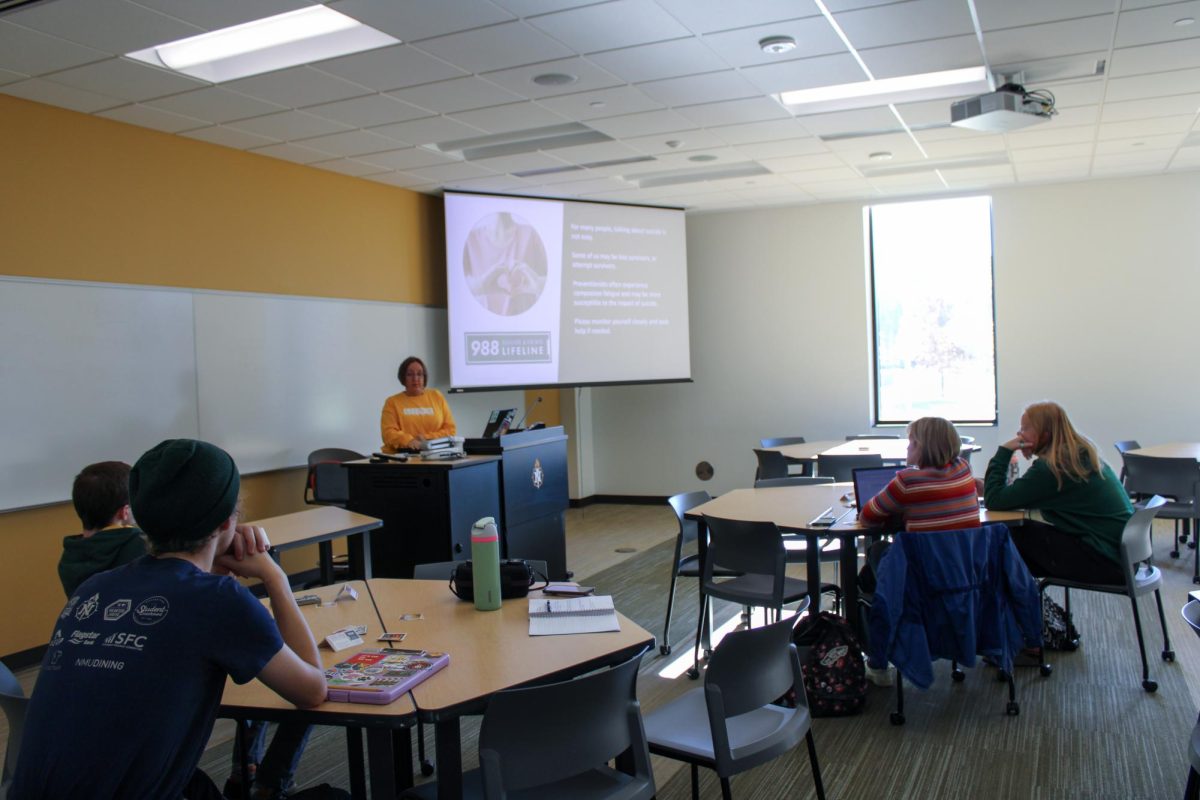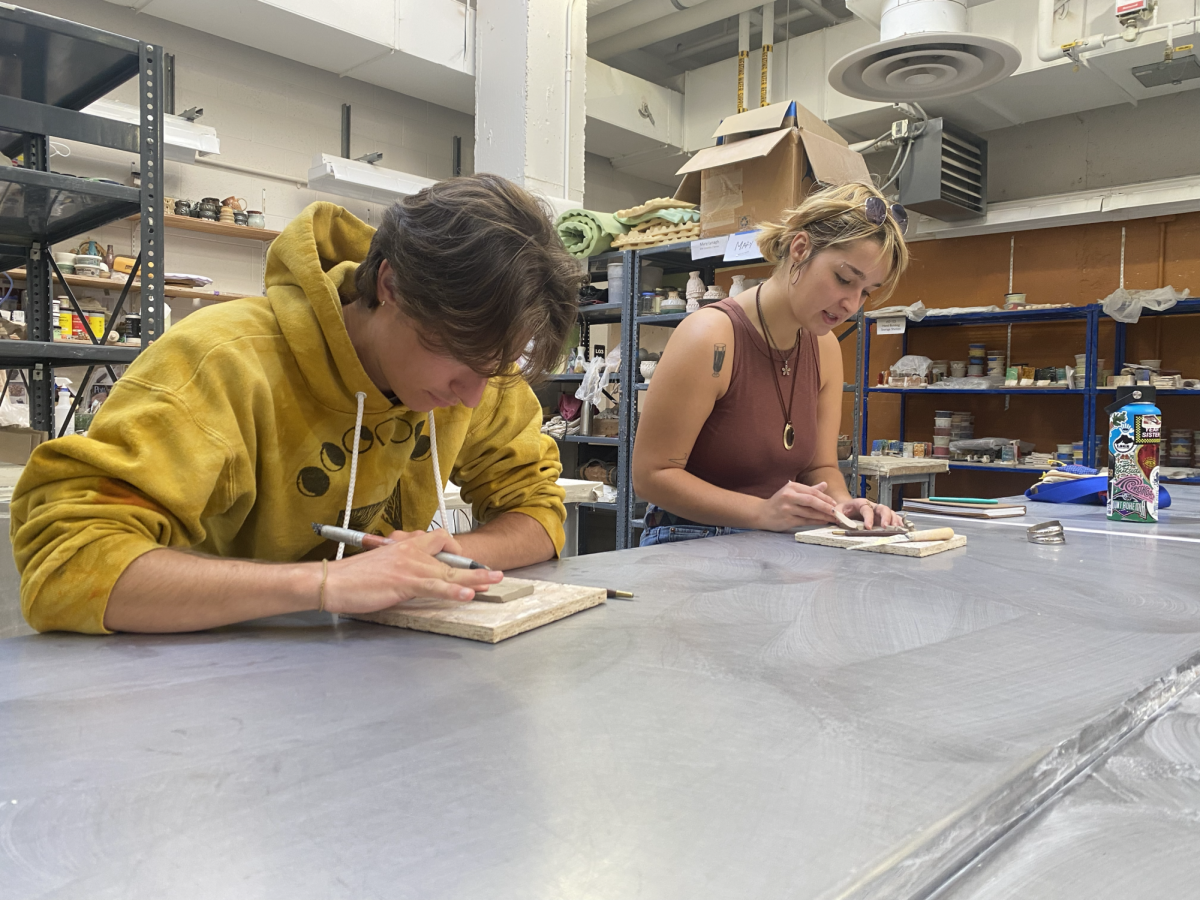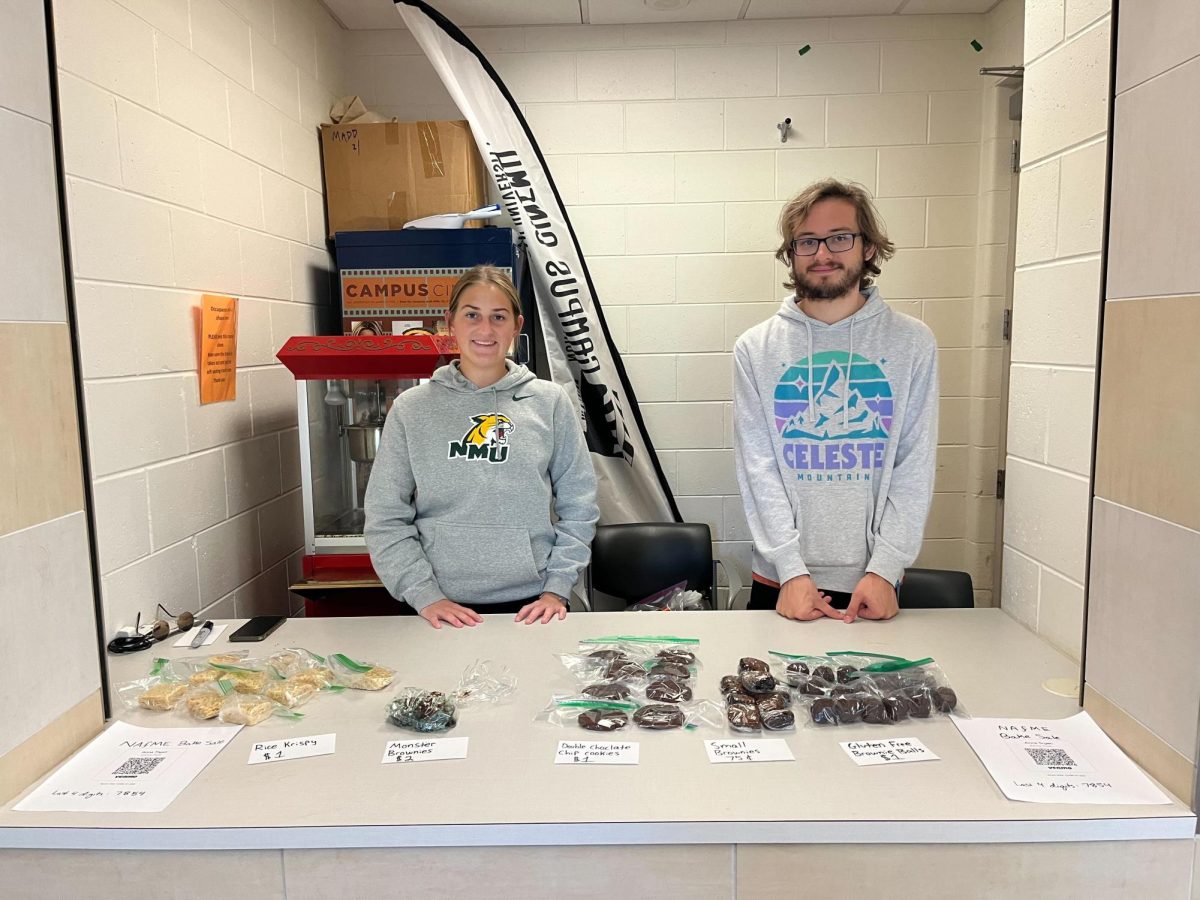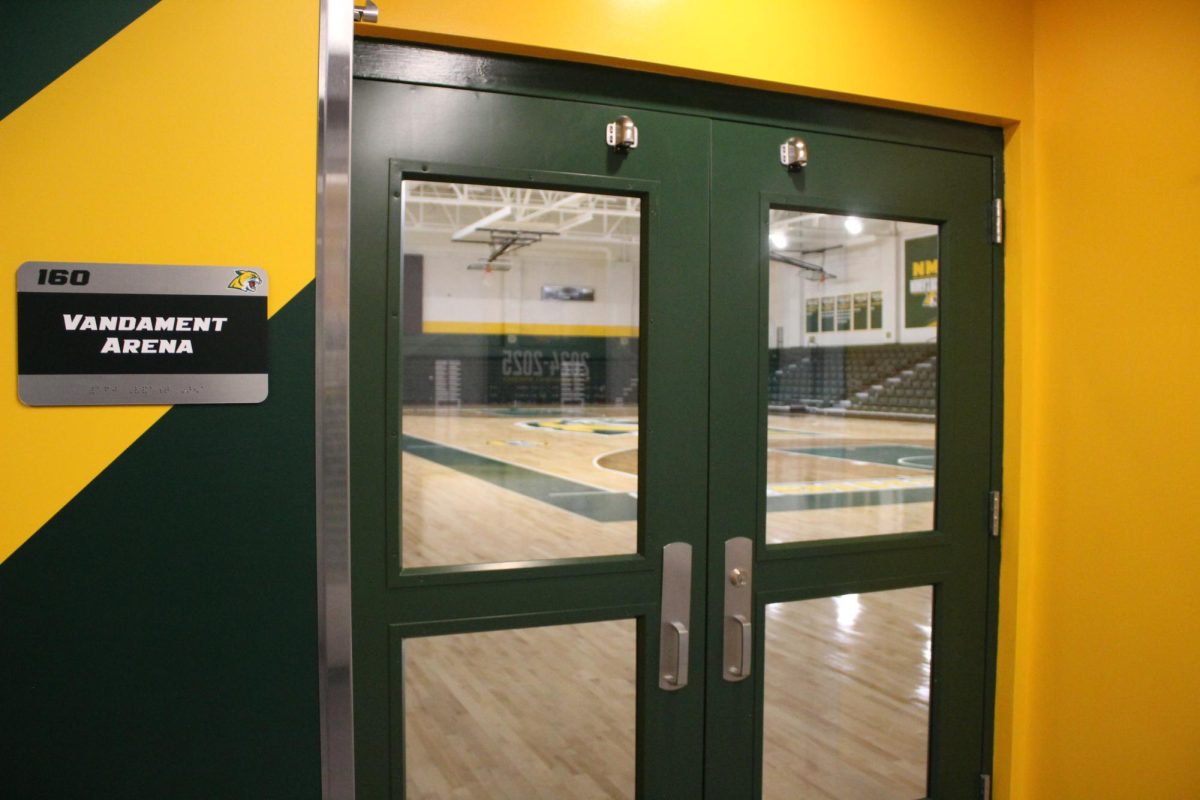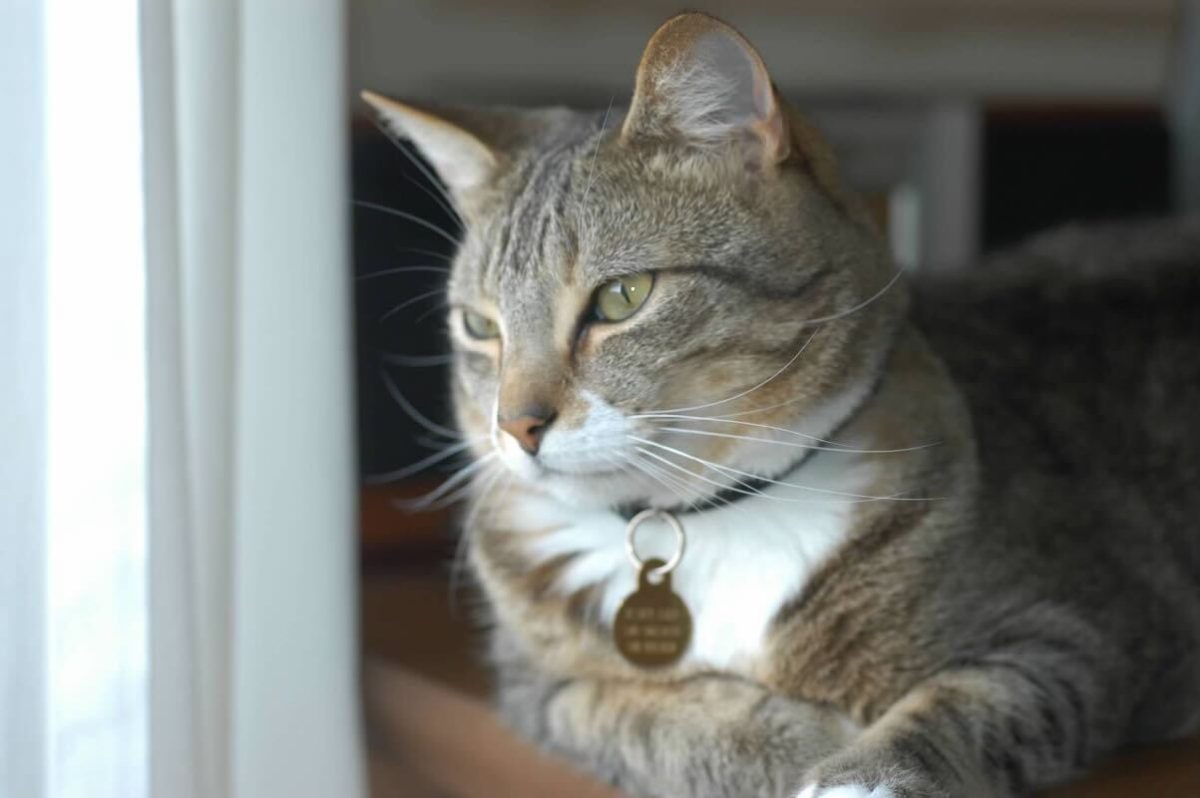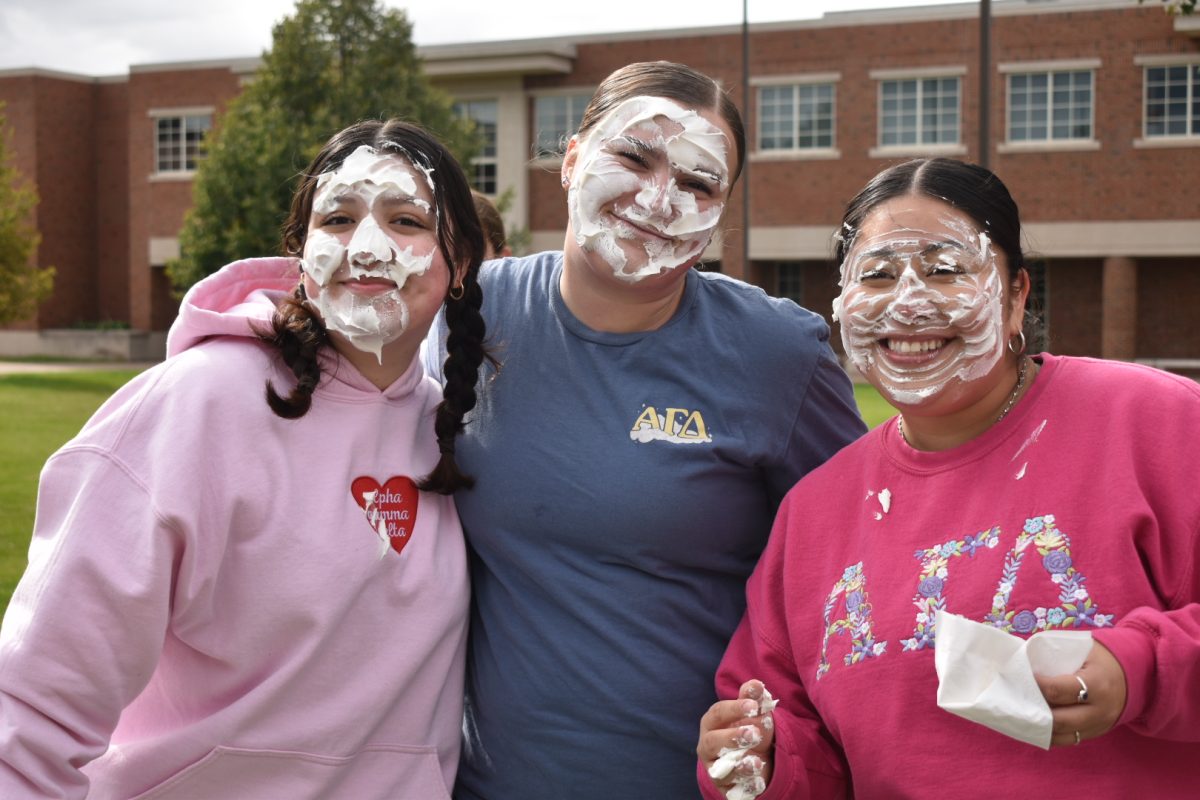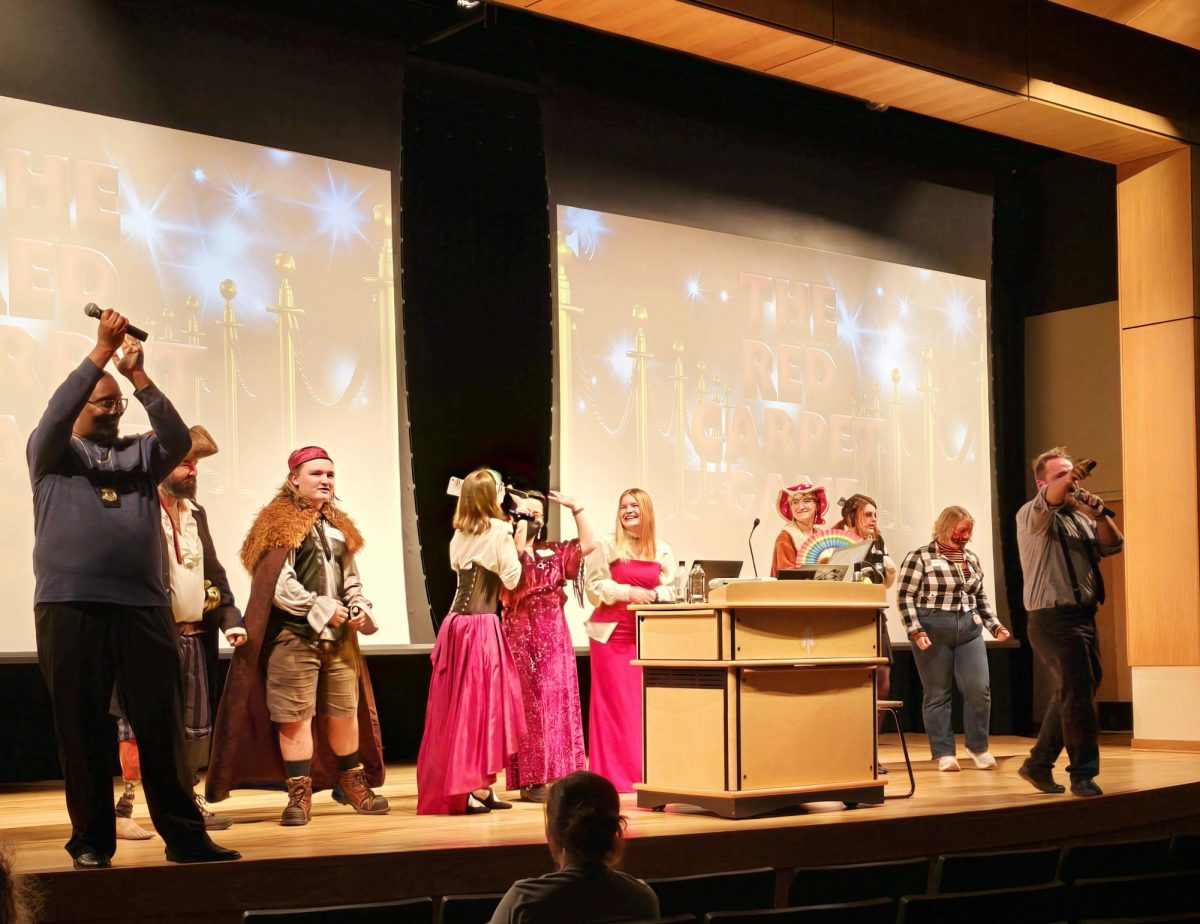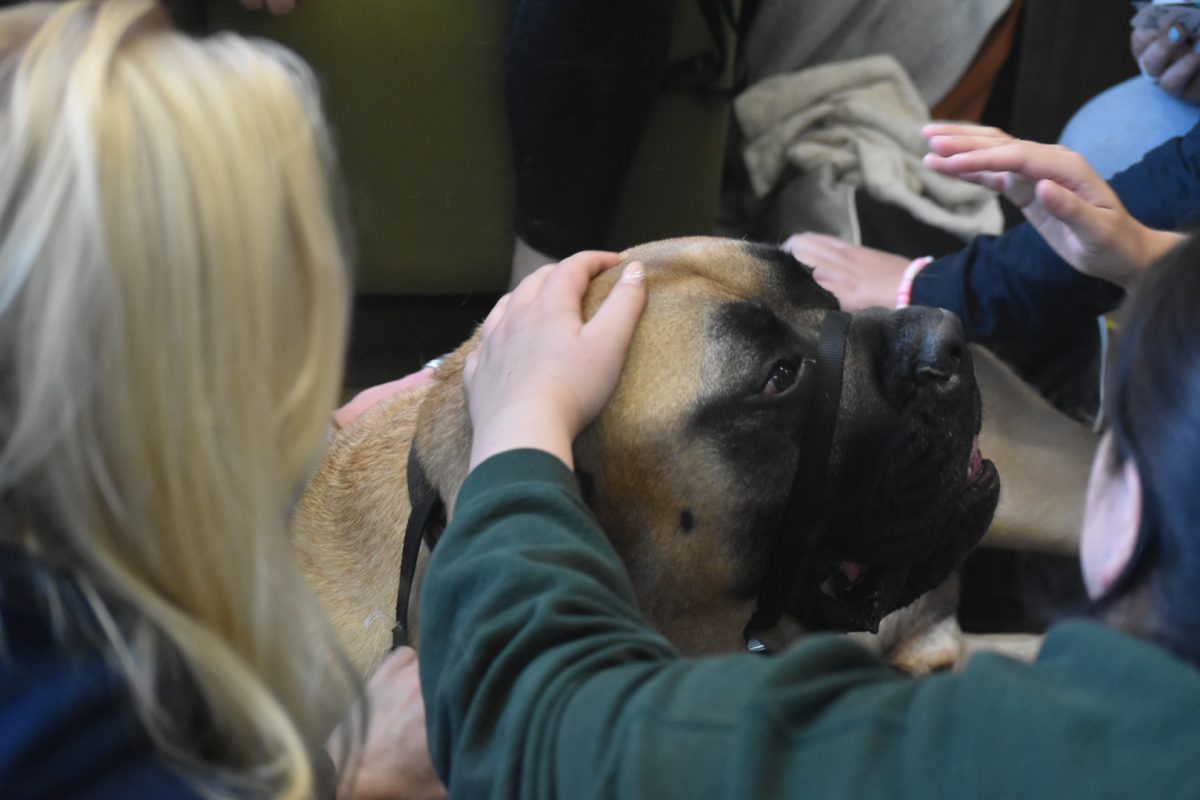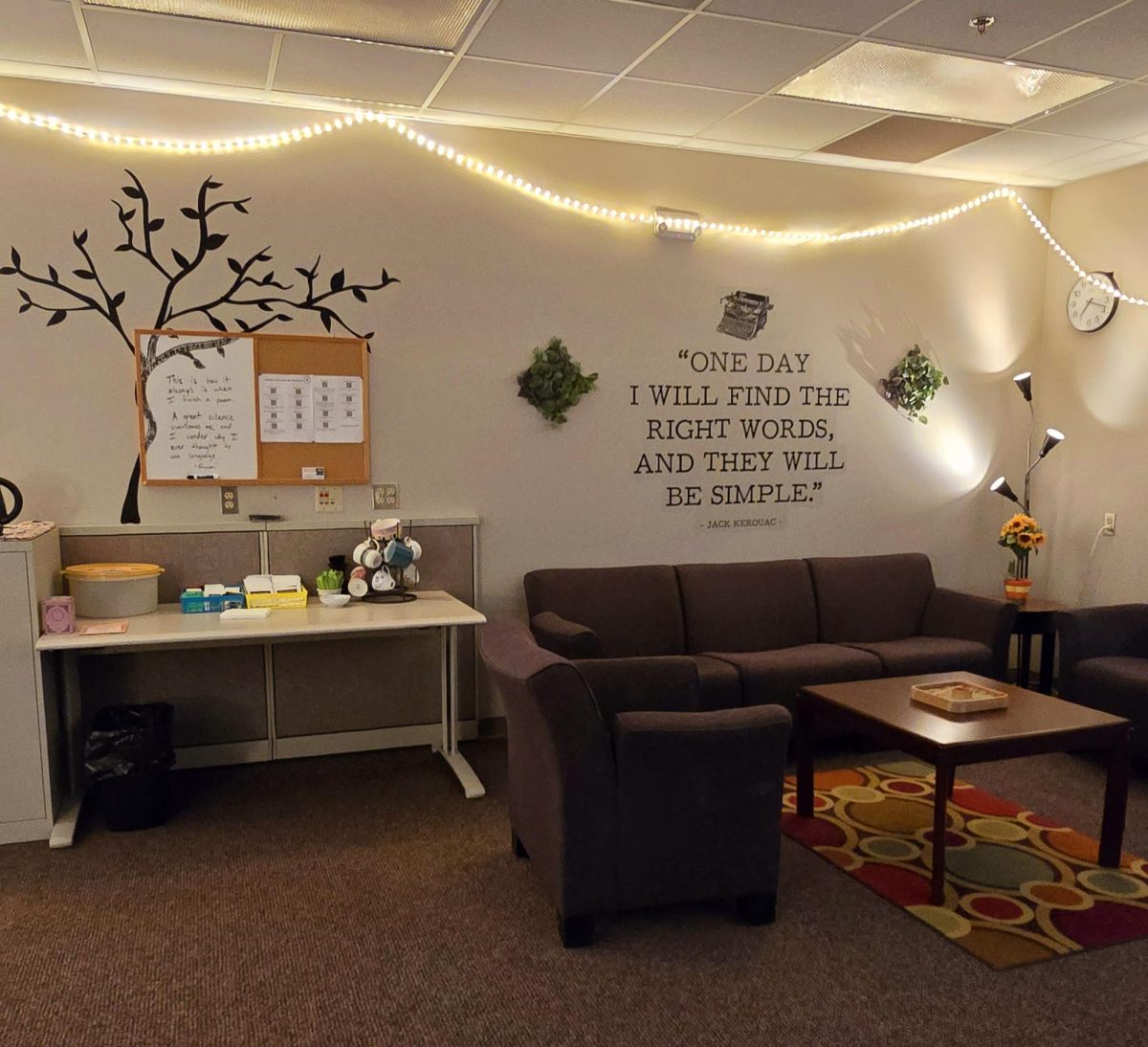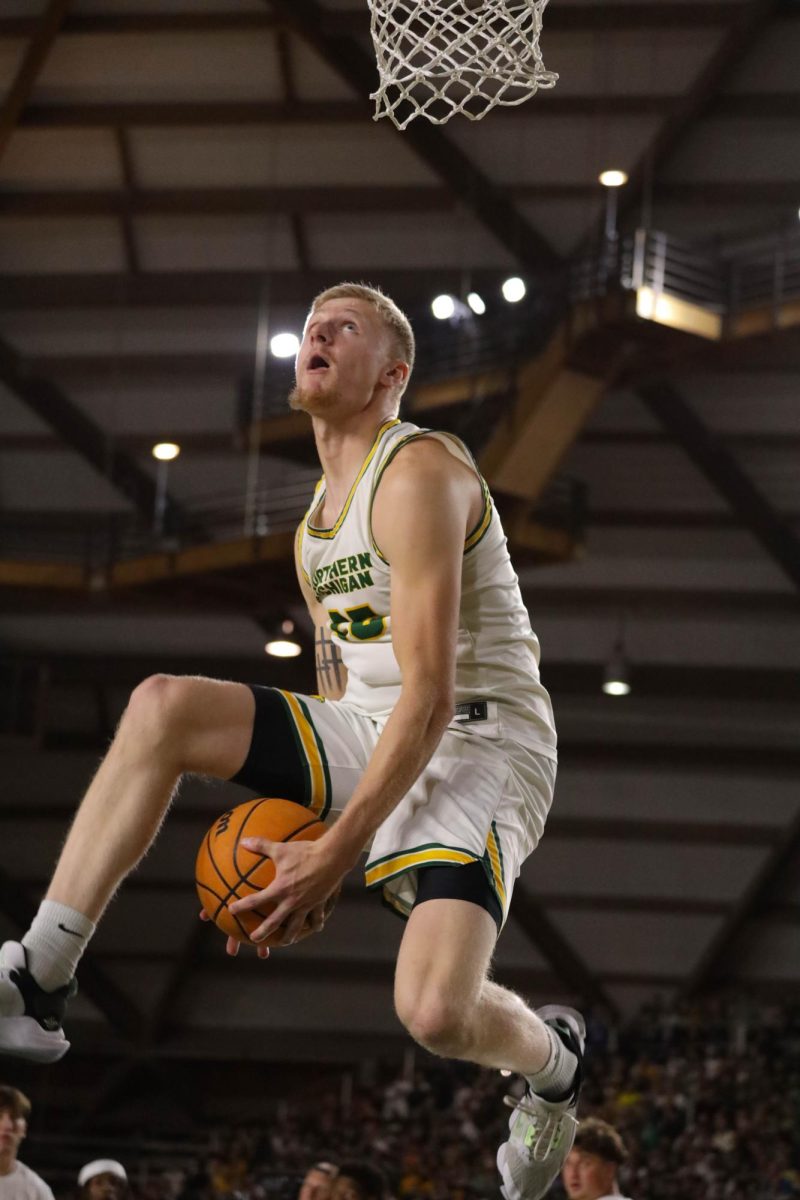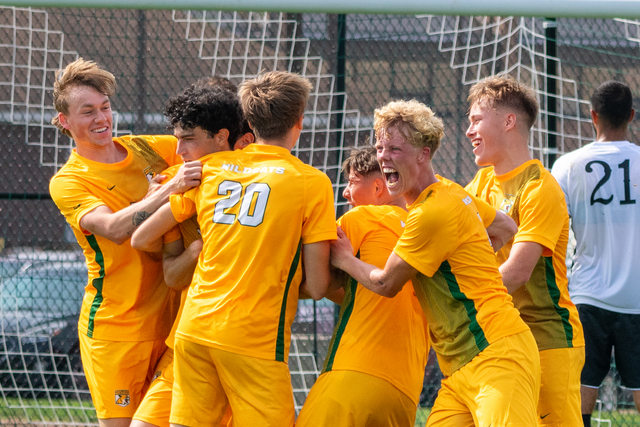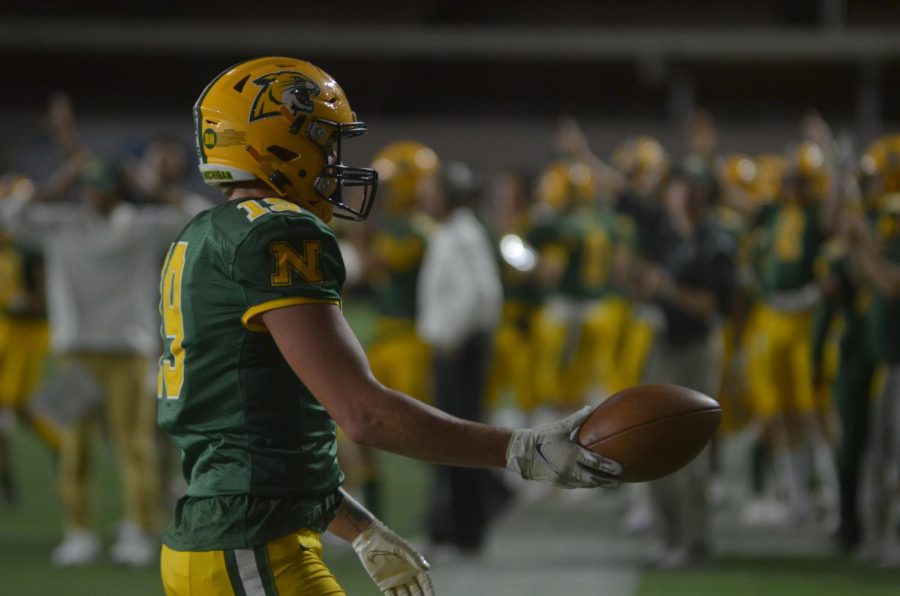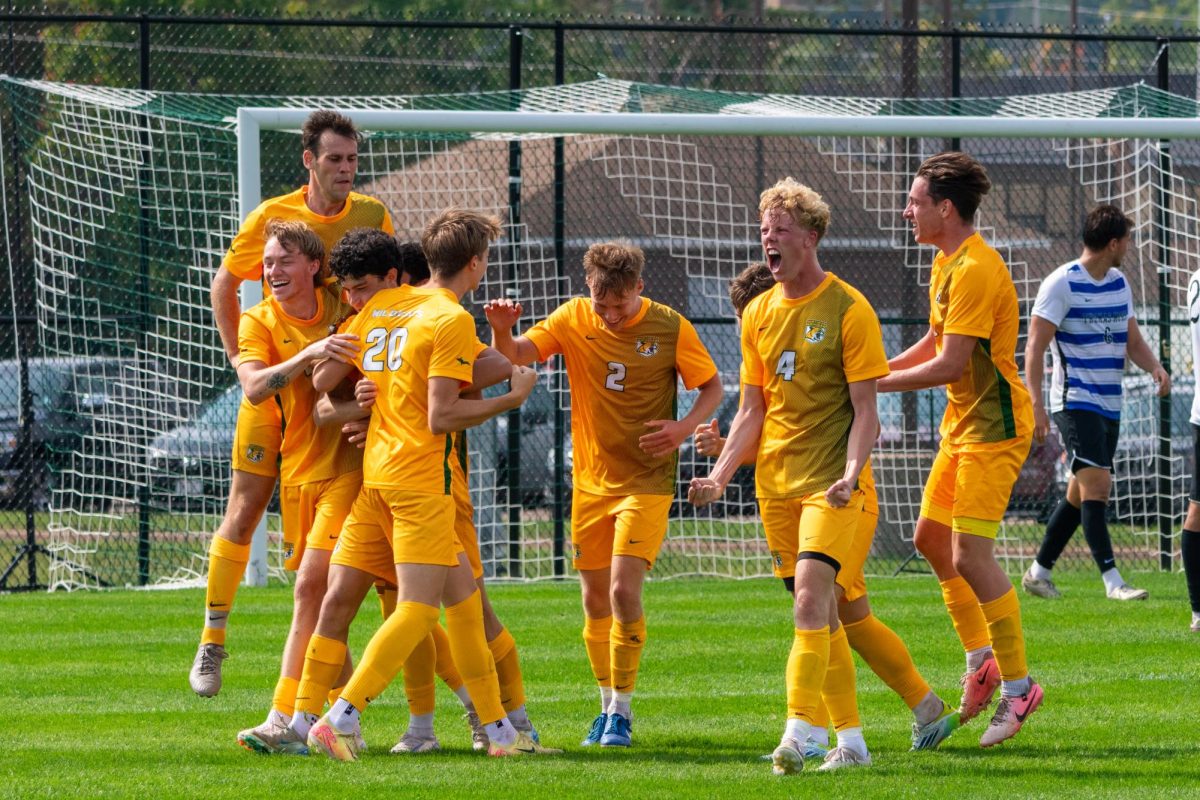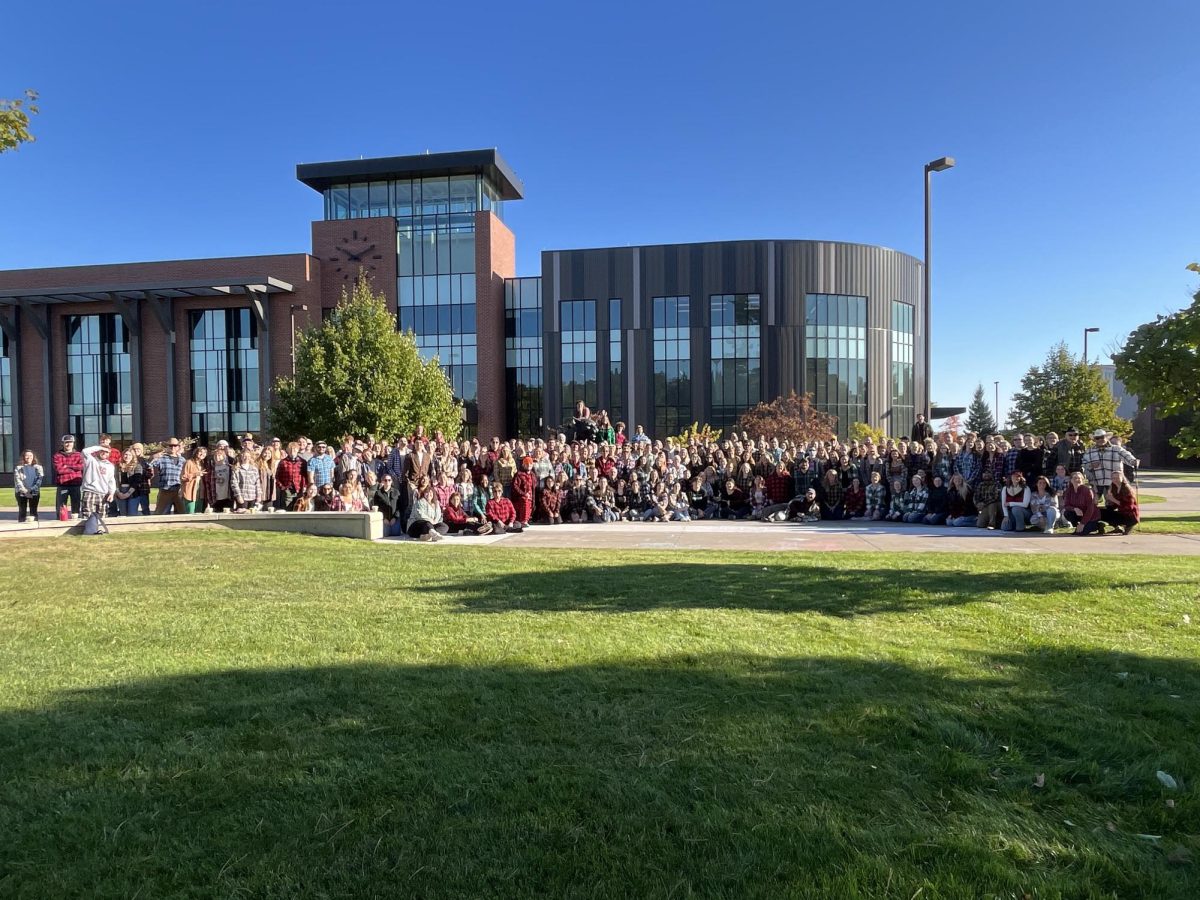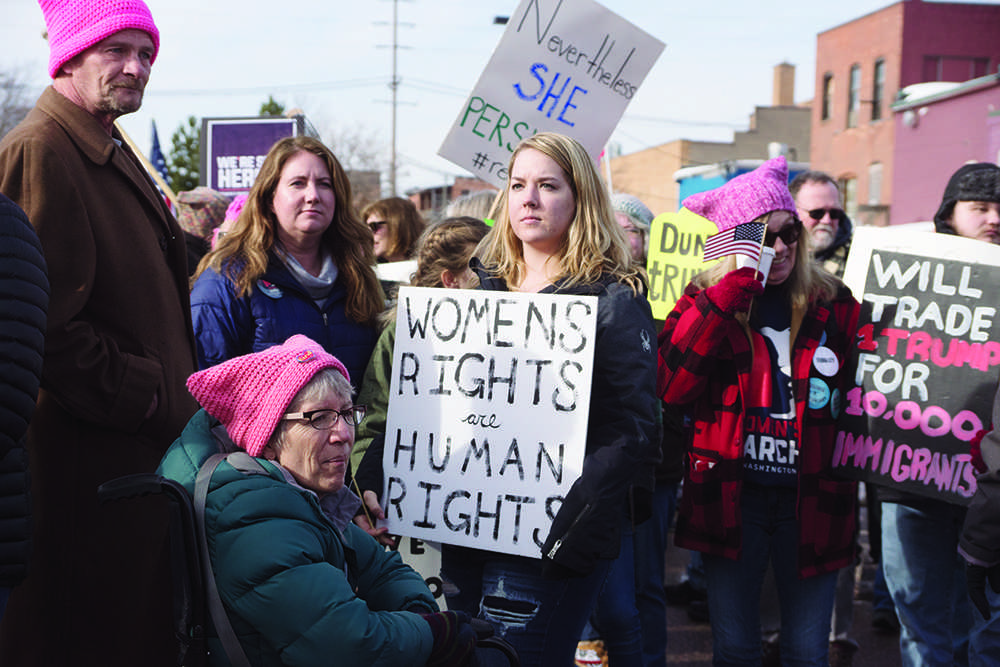As over 200 women’s rights demonstrations began all over the United States, hundreds of marchers packed into the heart of Marquette to fight for women’s rights, such as health care and equal pay during the Women’s March on the afternoon of Sunday, Jan. 21.
The public lined up at 1 p.m. in the Marquette Commons with homemade signs reading “The rise of women is not the fall of man,” “I march because my mother did” and “Our rights aren’t up for grabs and neither are we.” A large number of people were wearing pink knit hats, made popular a year ago during the inaugural Women’s March in Washington, D.C.
Heidi Harwell, 56, was one of the participants toting a bright pink hat and feathered scarf. Having been a nurse for 33 years, she said she understands that no matter what religion, sexual orientation or race, everyone bleeds red.
“I’m really concerned about what I see going on in the government with health care and increasingly more marginalization of different ethnic groups and gay, lesbian and transgender people,” Harwell explained. “I care about a lot of people that are from all different backgrounds that don’t look like me or worship the same way I do or live the same way I do, and diversity has always been really important to me.”
As Harwell spoke about why she was marching that day, other groups of marchers started stirring with excitement before 2 p.m., when the march would begin and performances from fellow activists would follow.
At 2 p.m., a police car escorted the crowd down Main Street to Front Street and then to Washington Street, where the march ended with a rally outside of the Marquette Post Office.
Seventy-year-old Gary Calven, who worked in Detroit for years at Planned Parenthood, gazed from the outside into the emotional crowd with tearful eyes. He noted how sad it was to see the signs people were carrying that spoke about the types of oppression women faced 100 years ago, referencing Susan B. Anthony, a women’s rights activist.
“It’s just unbelievable that [change] takes this long. I’m here to support making changes that will last,” Calven said. “Just walking around here and seeing all the signs, I at times get choked up just seeing some of the issues that are important to people and how they still end up being issues after so many years.”
It’s crucial for as many people as possible to participate in all types of marches, because in numbers, there’s power, Calven noted.
“Someone was once pointing out the importance of vigilance, how we need to have people that will stay vigilant, how there are people that just don’t care or are greedy or are out just for their own particular small group of the human population,” he said.
Many of the marchers were NMU students. Junior sociology major Sarah McNair appreciated being able to relate to all of the marchers there that day.
“I understand why some people might think [marches] aren’t helping much, but I do think it reaches some people who see that all of these people are there for a reason. If [marching] reaches just one person I think it’s worth it,” McNair smiled. “It feels good to be a part of a group where so many people see at least some of the things you see and feel somewhat the way you feel.”

